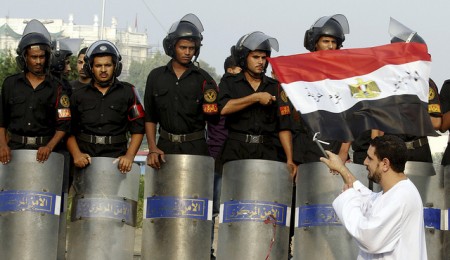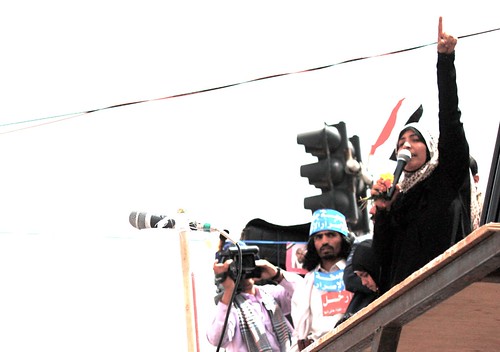
This article was originally published by the Carnegie Endowment for International Peace on 25 January 2016.
Five years ago, the leaders of Egypt’s protest movement shocked themselves by successfully bringing down President Hosni Mubarak, who had been in power since before many of them were born. In those days, it was not unusual to hear talk of a new dawn for Egyptian politics and the Arab world. It is difficult to find many leaders of that movement who are so cheerful today. And their disappointment is broadly shared in academic, policy, and media circles around the world. Young and disaffected Egyptians, the story goes, revolted against a stultified regime and demanded a democratic government, a freer society, and more economic rights. They won the battle but lost the war, as the military, initially along with the Muslim Brotherhood and later without it, gained the upper hand and defeated the revolutionaries.
But there is a very different way to tell the story of 2011. This tale is not one of high but disappointed hope, but one of threatened chaos and rescue. From the perspective of Egypt’s security institutions—its military, police, and intelligence forces—the uprising threatened to bring down not only Egypt’s president but its entire social and political order. Averting such an outcome was an arduous task, one that the Egyptian armed forces still see themselves as undertaking.




